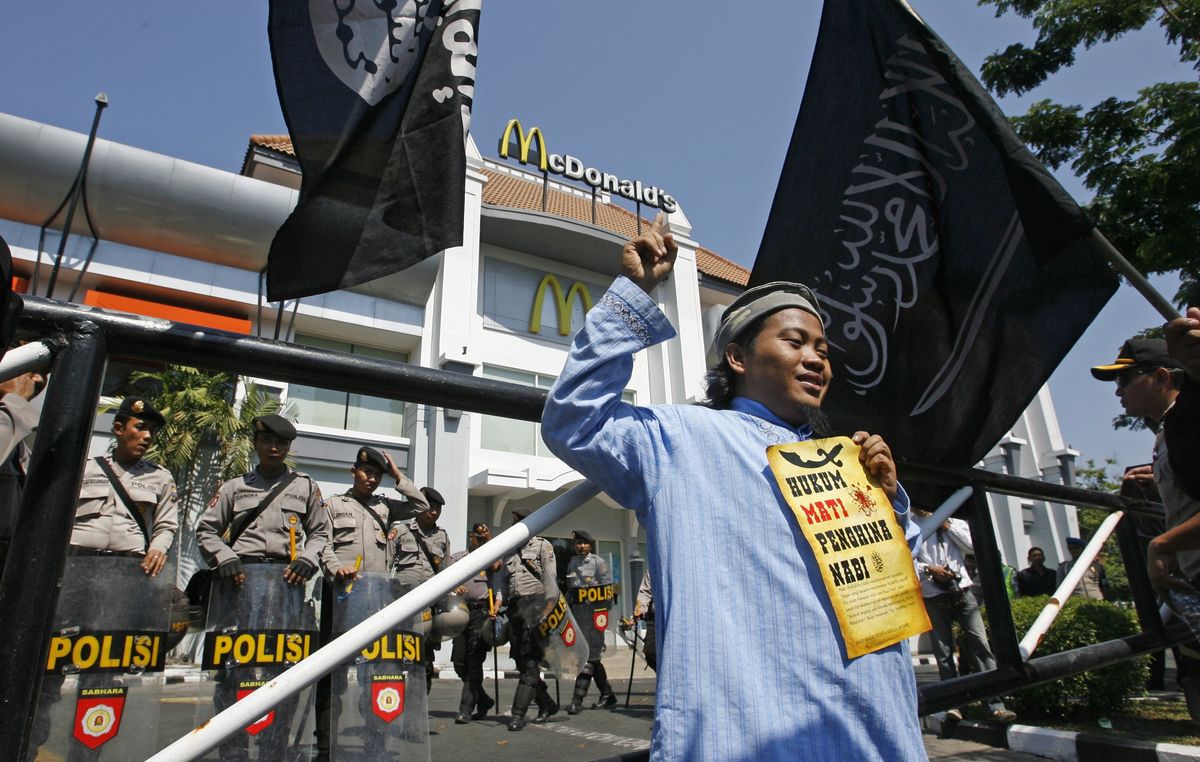The movement is spreading to more countries on social media, aided by apps like Bilzamish and No Thank You that allow consumers to scan a product's barcode and learn to what extent the manufacturer “supports Israel.”
McDonald’s rose to the top of the blacklist after it donated thousands of free meals to the Israeli military. The fast-food giant said in February that the boycott was part of the reason international sales rose by just 0.7% during the fourth quarter of 2023, down from a 16.5% the year before. Unilever, which produces Dove soap and Ben & Jerry’s, said sales in Indonesia experienced a double-digit decrease because of “geopolitically focused, consumer-facing campaigns.”
The companies in question are not expected to lobby Washington to change its Israel policy, and they will likely weather the hits to their bottom lines until the movement, or the war, loses steam. But the movement shows how US support for Israel is damaging its reputation in parts of the Arab world.



















